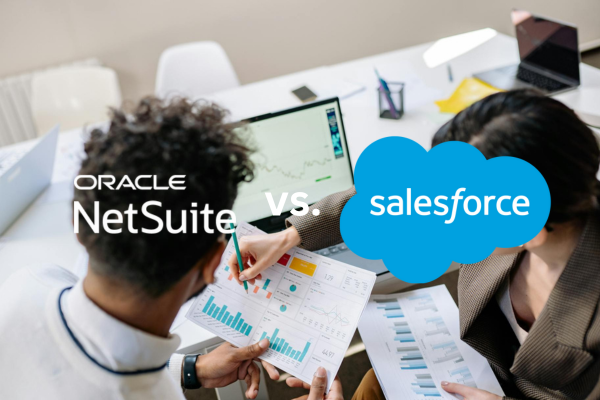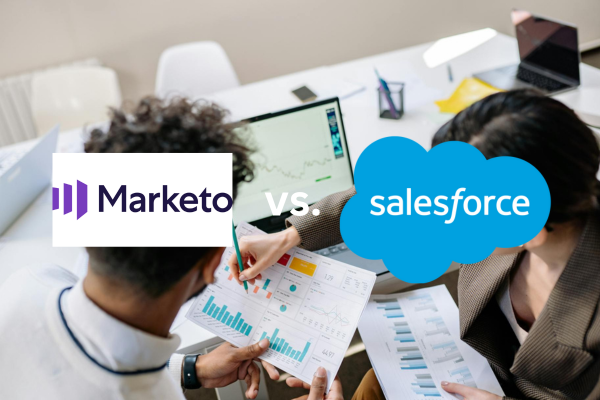Since the onset of the pandemic, increased competition among online learning providers has proved to be a considerable financial challenge for organizations within the space. Global educational technology investments totaled US$ 18.66 billion in 2019 and according to current trends, the market for online education is expected to reach US$ 350 billion by 2025[i].In order to outshine their competition, online education providers ought to ensure their recruiting efforts are optimal.
Sub-Par Recruiting Efforts
In hopes of increasing enrollment, some online education providers have adopted aggressive marketing practices. Prospective learners have experienced pushy phone calls from admissions counselors during inconvenient times, such as first thing in the morning or in the middle of a workday. Within a short period of time, consumers have reported receiving as many as six phone calls featuring recruitment pitches. Millennials are not keen about speaking on the phone and older, mid-career professionals would prefer to not be disturbed during their workday. In addition to the calls, consumers have been inundated with a string of emails with subject lines such as, “Apply Now!” and “Reduced Application Fee”. This forceful, generic approach is unlikely to increase enrollment or impress consumers[ii].
Surprisingly, this approach has even been adopted by prestigious universities, causing prospective learners to question the credibility of their programs. The discrepancy between online education recruiting efforts and those of traditional in-person programs can be attributed to online program managers (OPMs). These for-profit organizations partner with online education providers with the goal of increasing retention, however their techniques are not always appreciated. OPMs hire their own admissions counselors, who typically have a sales background. Although offering personalized assistance during a complex process is a good idea in theory, the recruiters do not provide guidance with the prospective learners’ welfare in mind. It should come as no surprise that admissions counselors often lack answers to important questions about professors and academics[ii].
Strategically Catering to Learners’ Changing Demographics
Learners’ demographics have changed drastically and it is important to understand their needs. In today’s reality, learners are looking for personalization; the importance of personalized interactions during the recruitment process cannot be overstated [iii].Although mass emails can translate into initial cost savings, engaging student son a personal level alleviates their concerns about being just another number[iv].
Many people have lost their jobs because of COVID-19 and today’s learners are not comprised solely of young adults who recently graduated high school. Individuals who decide to return to school are in their mid-twenties, single parents in their thirties and middle-aged workers who are looking to learn new skills[v].Learners today have busy schedules and are hoping to acquire the knowledge they need to excel in the job market. Understanding their specific personas should be top of mind when devising a personalized recruiting approach.
Leveraging Digital Transformation to Boost Recruitment
Harnessing the power of a Customer Relationship Management (CRM) tool can provide a training organization with a full-scope view of learners’ trends and insights tied to their engagement. Personalized, data-driven interactions can help online education organizations attract learners who have a high probability of success. With Salesforce, learning organizations can use first-party data to create a profile of their best learners and then strategically recruit others with similar qualities, who are also likely to succeed.
Salesforce Einstein is the first comprehensive artificial intelligence (AI) tool for CRM systems. It is an integrated set of AI technologies that can be used to send target audiences the perfect, unique message at the right time. This allows education and training organizations to contact consumers with tailored content, at the times most convenient for them, using the platform they prefer (e.g., an email instead of a phone call).
Furthermore, training organizations can use Salesforce to create specific audiences and send them unique, personalized content. For example, a company can create an audience comprised of learners who are parents and send them content related to flexibility and success stories of other parents who pursued an online education.
Gerent has been helping customers design and implement Salesforce solutions for over a decade. We have a thorough understanding of the online education sector as a ole and would love to assist you with your unique situation. To strike up a conversation with an expert in the education sector, contact us today!
[i] https://www.weforum.org/agenda/2020/04/coronavirus-education-global-covid19-online-digital-learning/
[ii] https://www.theatlantic.com/education/archive/2019/08/online-graduate-programs-recruitment/596077/
[iii] https://assets.kpmg/content/dam/kpmg/xx/pdf/2020/07/customer-experience-in-the-new-reality.pdf
[iv]https://link.springer.com/epdf/10.1007/s10755-018-9448-9?author_access_token=KUZK6slyk837sgpkbASsiPe4RwlQNchNByi7wbcMAY6YwclT8E5Sk-rVToRt1YncCjXCBWco_zeIyo0Kok3zx1XHJN_rcC-18gVSLXeNAvBM1IBvOAfhv6-_BVmcoV1l2PcMuVVGrCNlibd4asUYug%3D%3D
[v] https://er.educause.edu/articles/2019/3/changing-demographics-and-digital-transformation










